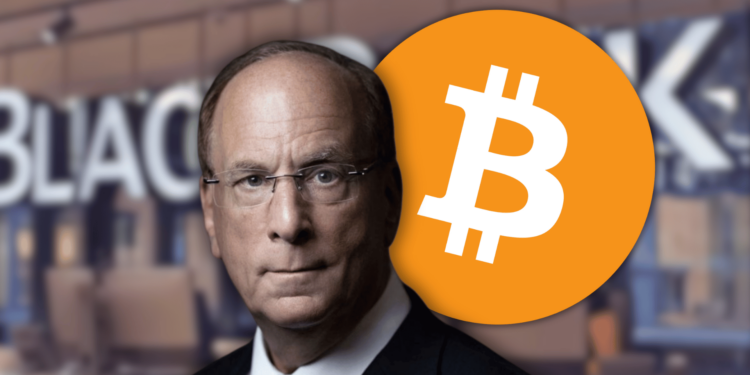- BlackRock says its clients are buying Bitcoin as a hedge against a potential U.S. debt crisis, viewing it as an alternative to the dollar.
- BlackRock analysts describe Bitcoin as a “non-sovereign monetary alternative” detached from crises like sovereign debt issues or currency debasement.
- The asset manager believes Bitcoin’s adoption will rise in proportion to concerns over crisis events, despite currently viewing it as a risky asset due to regulatory uncertainty.
BlackRock, the world’s largest asset manager and a Bitcoin ETF issuer, says its clients are buying Bitcoin as insurance against a potential US debt crisis. In a report, BlackRock analysts said Bitcoin has little exposure to macro variables affecting other assets. They attributed the recent institutional interest in Bitcoin to growing concerns over US deficits and debt.
Bitcoin as a Hedge Against Debt Crisis
According to BlackRock, its clients view Bitcoin as a non-sovereign monetary alternative detached from banking and sovereign debt crises, currency debasement, and geopolitical disruption. The analysts wrote that as concerns over these crises grow, so does Bitcoin’s appeal as an alternative reserve asset and hedge. The United States currently has over $35 trillion in debt with an annual budget deficit of $2 trillion. Some have proposed using Bitcoin to clear national debt.
Bitcoin as a Risky But Uncorrelated Asset
While describing Bitcoin as a risky asset due to its regulatory uncertainty and emerging technology status, BlackRock says these risks are not shared with other assets. They say simple risk-on/risk-off frameworks lack nuance and that Bitcoin has behaved contradictorily as both a hedge and risk asset at times. But they attribute this to Bitcoin’s market immaturity and see adoption rising with crisis concerns.
Conclusion
BlackRock believes Bitcoin is neither a pure risk-on nor risk-off asset but may grow as a hedge against specific crises like US debt default. Though a risky emerging asset, Bitcoin’s uncorrelated nature could make it an attractive diversifier if adopted at scale institutional investors conclude.














